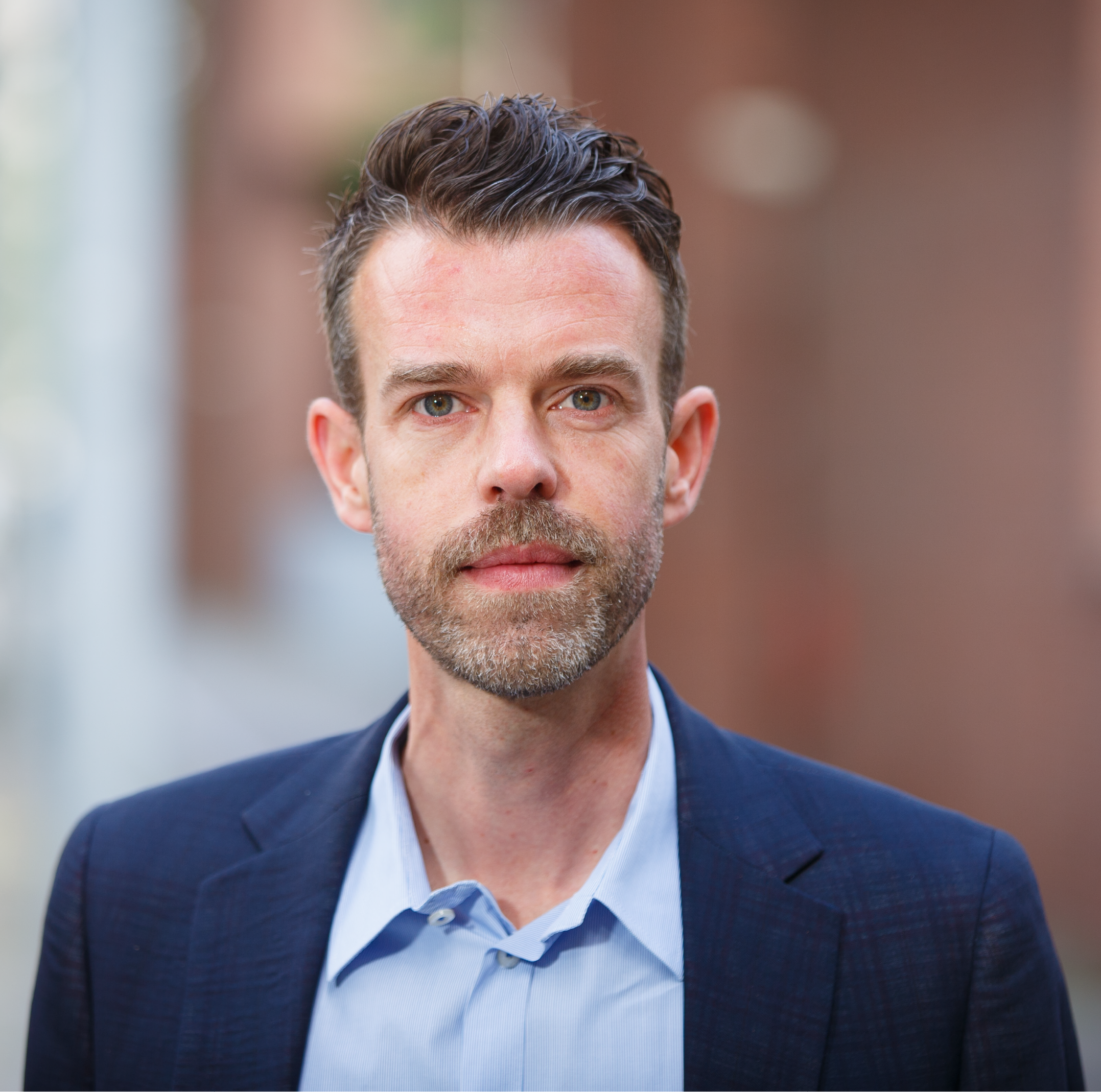From Local to Global: Scale-Up Your Living Lab

From local to global – scaling up your living lab activities to a sustainable living lab organization: experiences from City Pulse
BACKGROUND/HISTORY AND CONTEXT OF THE WORKSHOP
‘Stratumseind’ is a prominent nightlife area in Eindhoven, attracting well over 25,000 visitors in weekend nights. As the number of incidents was rising, a community of entrepreneurs, public safety organizations, local government and citizens decided to turn Stratumseind into a safe place. The Living Lab Stratumseind was established where data about people, activities and environment is used to determine the measures and study factors contributing to violence and discomfort. Innovative lighting, social media, gaming technology, algorithms and sensor data were tested and deployed. The lab has gained international recognition, being featured in press and attracting visitors from all over the world.
A few years later it is time for the next step. How do you formalize an informal initiative amongst parties with possibly conflicting interests? How do you scale up from a few sensors in one street to a city-scale digital infrastructure? Who pays the bills and takes responsibility for maintenance? And most importantly, how do you prevent the lab from becoming just another technological playground, but make sure it serves the interests of the citizens? Together with the imec institute, the City of Eindhoven took the challenge to answer this questions and scale up the living lab to the next level.
MAIN AIM / OBJECTIVE
The main aim of this workshop is to introduce the participants to methods and tools for scaling up bottom-up local city initiatives towards more sustainable urban living labs.
Based on these inputs new scenarios were developed to scale up the lab. Imec’s stakeholder mapping provided an overview of potential actors involved, together with their potential value created and captured in the Living Lab. Simultaneously, an Urban Development Institute (UDI) initiative has been started to link the societal challenges in the Eindhoven region with international business and academic partners that can provide innovative solutions. The next step is to link the stakeholder mapping to a scale-up mechanism within the UDI for bringing the new City lab to a new level.
As part of the equation is still unknown, participants of the workshop will have a unique chance to contribute to the further development of the living lab and the UDI initiative! In this hands-on, practical workshop we will present the lessons learned and develop the next steps together:
– Learn how to apply the stakeholder mapping methodology in the context of a living lab
– Address specific scale-up challenges based on the mapping
– Think along with colleagues from Imec and Eindhoven about the future steps needed for the UDI initiative to become a successful living lab accelerator
EXPECTED OUTCOMES
– Exercise stakeholder mapping methodology based on a specific use case
– Develop a scale-up scenario from an informal initiative towards a full-scale city lab
– Identify stakeholders and boundary conditions for a successful local and global scale-up through an Urban Development Institute
– Reflect to learn how to apply the lessons learned in the context of your own lab
BRIEF OUTLINE / METHODOLOGY
The methodology is based on the work on Living Lab stakeholder roles (see Leminen, 2013; Schuurman et al., 2016) and on the three layer-model of Living Lab organizations (Schuurman, 2015). The stakeholder roles ‘User’, ‘Enabler’, ‘Utilizer’, ‘Provider’ and ‘Researcher’ will be introduced, illustrated and applied to the Stratumseind Living Lab case. Second, the Living Lab layers ‘Organization’, ‘Project methodology’ and ‘User Activities’ will be introduced as a framework to link the stakeholder roles to the specific context and goals of the Living Lab. Participants will be invited to apply these frameworks to their own urban living lab cases.
Leminen, S. (2013). Coordination and participation in living lab networks. Technology Innovation Management Review, 3(11).
Schuurman, D. (2015). Bridging the gap between Open and User Innovation?: exploring the value of Living Labs as a means to structure user contribution and manage distributed innovation (Doctoral dissertation, Ghent University).
Schuurman, D., Baccarne, B., De Marez, L., Veeckman, C., & Ballon, P. (2016). Living Labs as open innovation systems for knowledge exchange: solutions for sustainable innovation development. International Journal of Business Innovation and Research, 10(2-3), 322-340.
Workshop Faciltators
Wim De Kinderen
Senior Professional in EU Affairs

Wim De Kinderen
Senior Professional in EU AffairsWim De Kinderen is representing the City of Eindhoven within the Brussels based ‘Brainport Eindhoven EU Office’. As such he is a senior professional in EU affairs, and has ample experiences in building alliances and managing European networks.
